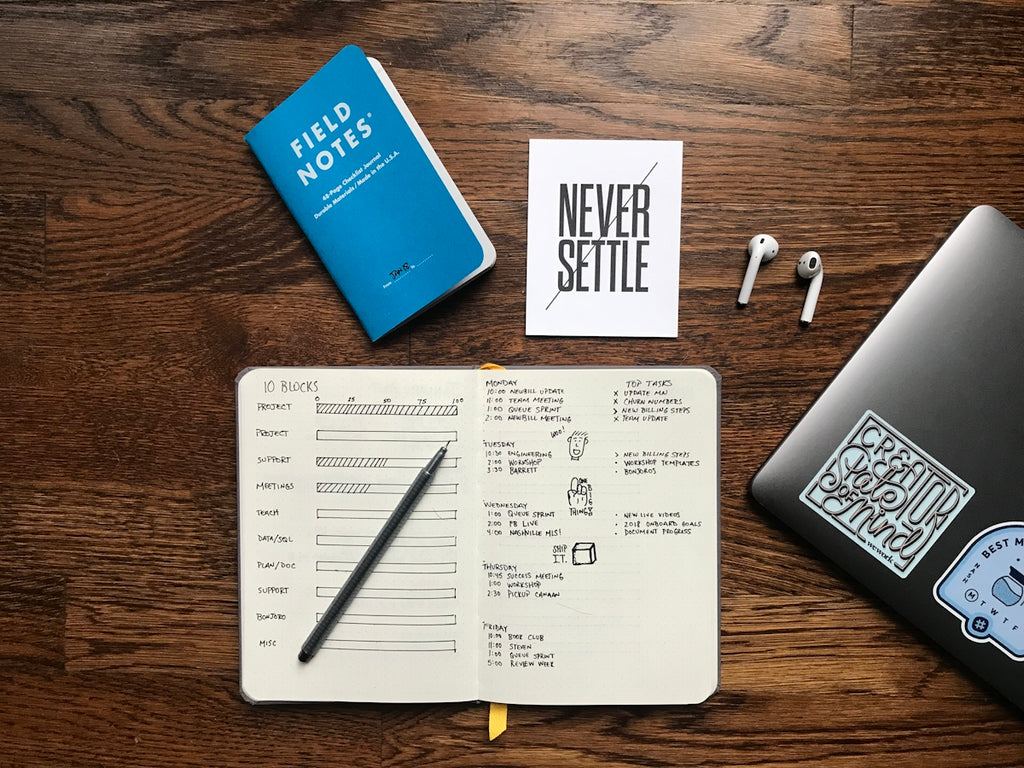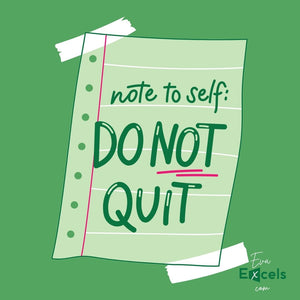Historical Productivity Hacks From Past Success Stories

In a world driven by the pursuit of peak efficiency, it can be enlightening to take a look back at historical figures who mastered the art of productivity long before the digital age. As we strive for personal growth, the timeless lessons from these past success stories can provide valuable insights into maintaining productivity today.
Multitasking: The Da Vinci Way
Leonardo da Vinci, the quintessential Renaissance man, was a sculptor, painter, scientist, and innovator. One of his secrets to extraordinary productivity was effective multitasking, albeit not in the way we think of it today. Instead of juggling multiple tasks simultaneously, Da Vinci often worked on various projects in different sessions. This allowed him to refresh his creativity regularly and remain focused on each undertaking.
To implement Da Vinci’s approach today, consider using the Ultimate Personal Planner & Checklist Bundle (Excel Edition). With Excel Sheets, you can efficiently organize and plan your tasks, enabling you to seamlessly transition between them and maintain a productive workflow.
Journaling: The Power of Creative Writing
Virginia Woolf, a pioneer of modernist literature, found clarity and inspiration through daily journaling. Her creative writing process included meticulous self-reflection and detailed tracking of her thoughts and ideas. This practice not only aided her literary genius but also personal growth.
You can establish a journaling habit and monitor your own progress with The Ultimate Printable Habit Tracker - Includes 23 Pages. Each page is designed to help you track your goals and daily habits, ensuring you remain committed to your journey of self-help and personal development.
Budgeting: Franklin's Frugality
Benjamin Franklin, one of America's founding fathers, was lauded not only for his political acumen but also for his thriftiness. He meticulously tracked his expenses and earnings, which allowed him to live comfortably and invest in his passions.
Modern productivity enthusiasts can adopt Franklin’s thrifty habits by utilizing tools like the Family Budget Planner (Spreadsheet). This powerful Excel Sheet helps you monitor your financial health, ensuring that your resources align with your personal and professional goals.
Conclusion
By exploring the productivity techniques of historical success stories, we realize that the foundation of personal growth and self-help lies in effective planning, creative writing, and responsible budgeting. As we integrate these timeless strategies into our modern lives, supported by digital tools like those offered at EvaExcels, we can unlock new levels of productivity and growth.
Incorporate these historical practices into your routine, and observe how they transform your approach to productivity, helping you excel every day.






